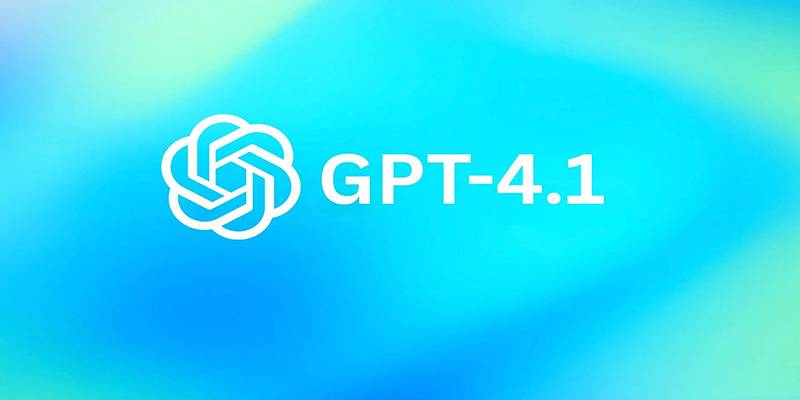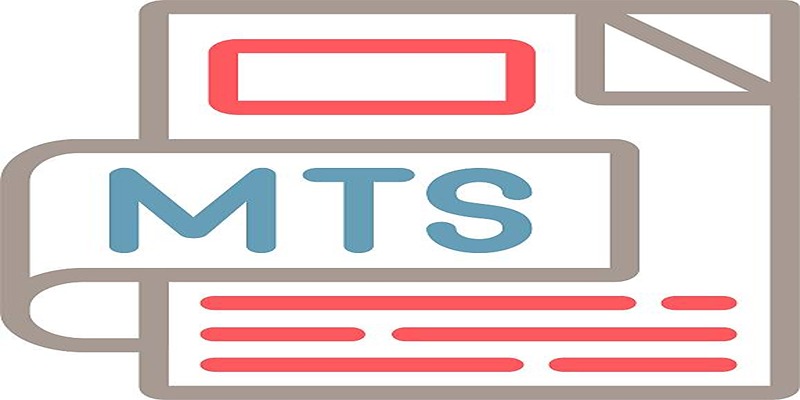Enhanced Search and Tagging Features Rolled Out in Linkwarden 2.10
Advertisement
The release of Linkwarden 2.10 marks a significant progression in the development of the self-hosted, privacy-respecting bookmark and archiving tool. With this latest update, the platform introduces several highly requested features, including inline text highlighting, enhanced search functionality, and improved AI tagging capabilities, alongside interface upgrades and structural refinements.
This version is particularly focused on improving how users store, interact with, and rediscover information across growing web content libraries. As Linkwarden increasingly caters to researchers, knowledge workers, and digital collectors, version 2.10 offers refined mechanisms for contextualization, discoverability, and long-term content value.
Native Text Highlighting for Saved Content
One of the most notable features in Linkwarden 2.10 is the ability to highlight text directly within saved web pages. This functionality is designed to support more interactive content engagement and allows users to mark specific portions of interest within the original material.
Whether saving technical documentation, academic articles, or long-form blog posts, users can now highlight key points, summaries, or statistics inline. These highlights are saved alongside the bookmark and persist across sessions. The system also tracks which portions of a page have been highlighted, enabling easier reference later.
Importantly, this feature is fully supported within HTML snapshots and archived versions, not just live pages, ensuring that even if the original site changes or is removed, user highlights remain accessible and contextually accurate. This addition significantly enhances the research utility of Linkwarden, turning static pages into interactive, user-annotated resources.
Improved Search Engine with Full-Text Indexing

With the 2.10 release, Linkwarden introduces a more powerful search engine that includes refined indexing logic, better query performance, and a broader range of searchable content fields.
This update is particularly beneficial for users with extensive libraries, as it allows for faster, more accurate results when searching titles, descriptions, metadata, tags, and newly introduced highlighted content. The inclusion of full-text search over archived content expands retrieval capabilities, especially when working across large volumes of material.
The underlying indexing system has been upgraded for scalability and resilience, enabling quicker response times and more intelligent ranking of search results. Users can now apply filters across multiple parameters and sort results based on relevance, recency, or category.
These enhancements transform Linkwarden into not just a storage tool but a responsive knowledge retrieval system capable of surfacing insights and references with minimal friction. It now serves as an intelligent assistant for organizing, contextualizing, and rediscovering digital content with purpose and precision.
Advanced AI Tagging for Semantic Organization
The improved AI tagging system in Linkwarden 2.10 introduces more intelligent and context-aware automatic labeling. Previous iterations of Linkwarden could suggest tags based on keyword matching, but version 2.10 enhances this with deeper semantic analysis.
Upon saving a bookmark, Linkwarden now evaluates the content’s structure, subject matter, tone, and relationships between topics. The result is more relevant tag suggestions, supporting an organization that goes beyond surface-level keywords.
The AI model has been trained to recognize nuanced categories—such as policy discussions, developer documentation, scientific articles, and commercial product pages—and adapt tagging behavior accordingly. It improves the consistency and quality of metadata, allowing users to navigate their collections more effectively over time.
Users can still override or edit AI-generated tags manually. Still, the accuracy improvements introduced in this version significantly reduce the need for extensive manual input, especially during large-scale imports or archival tasks.
User Interface Enhancements and Experience Refinements
Version 2.10 also delivers subtle yet impactful changes to Linkwarden’s user interface, all aimed at improving usability and responsiveness across devices.
Visual spacing between bookmarks, folders, and metadata sections has been optimized for better readability. Interactive controls, such as edit buttons, tag indicators, and highlight toggles, are now positioned more intuitively, supporting quicker workflows. In addition, responsiveness has been fine-tuned for better mobile and tablet performance.
A redesigned bookmark detail view provides a clearer overview of associated metadata, highlighted sections, AI tags, and archival status. It simplifies the review process when skimming or analyzing multiple links during research or content curation.
Navigation has also been improved. Folder hierarchies are now collapsible, and recently modified bookmarks are flagged with visual indicators, helping users stay oriented within their library.
Performance Optimizations and Large Library Handling
Linkwarden 2.10 includes several backend improvements that enhance its ability to manage large collections of links and data. These optimizations reduce memory usage, accelerate page loading, and improve batch operations such as tagging, archiving, or importing.
Users with databases exceeding several thousand bookmarks will notice significant gains in responsiveness during search, navigation, and editing. Heavy operations such as mass tag updates or export routines have been optimized to reduce lag and system load.
Server-side processes have also been updated for greater efficiency in multi-user environments, improving synchronization and reducing data contention during concurrent operations.
Backup, Export, and System Integration Improvements

As a self-hosted tool, Linkwarden emphasizes data control and backup integrity. Version 2.10 introduces better support for automated backups and scheduled exports, allowing users to maintain offline copies of their collections in open formats such as JSON and Markdown.
These backup tools now include highlighted text, AI tags, and folder structures, ensuring that a complete knowledge archive can be preserved and restored as needed. Users deploying Linkwarden in professional or collaborative settings benefit from greater data resilience and control over long-term content preservation.
System integration also sees improvement. The platform’s API has been expanded with new endpoints for highlighting, tag suggestions, and advanced search functions, allowing developers to integrate Linkwarden with custom front ends, task managers, or productivity dashboards.
Conclusion
Linkwarden 2.10 is a meaningful leap forward for users seeking a capable, customizable, and private bookmarking platform. With new support for inline highlighting, advanced AI tagging, enhanced search, and improved UI design, this version caters to both individual researchers and team-based knowledge workers who rely on structured digital archives.
Every improvement in this release reflects a focus on efficiency, clarity, and long-term usability, reinforcing Linkwarden’s position as a serious tool for web archiving and personal knowledge management.
On this page
Native Text Highlighting for Saved Content Improved Search Engine with Full-Text Indexing Advanced AI Tagging for Semantic Organization User Interface Enhancements and Experience Refinements Performance Optimizations and Large Library Handling Backup, Export, and System Integration Improvements ConclusionAdvertisement
Related Articles

7 Free and Premium Google Maps Plugins for WordPress You Need to Try

Experience Smarter AI Assistance with Trae’s New GPT-4.1 Integration

Hugging Face and Cloudflare Launch FastRTC for Real-Time AI Media

Nameplates and Animated Usernames Arrive in Latest Discord Update

How to Make a Gantt Chart in Google Sheets for Project Management

Vivaldi 7.2 Brings Faster Performance and Smarter User Controls

How to Send an Email When Updates Are Made to Google Sheets Rows: A Guide

New Features Coming in Linux Mint LMDE 7 Based on Debian Bookworm

Quick Guide to Convert MTS and M2TS Files to MOV for Free in Three Steps

How to Get Email Alerts for New Facebook Messenger Messages: A Guide

Step-by-Step Guide to Google Business Profile Success

 knacksnews
knacksnews